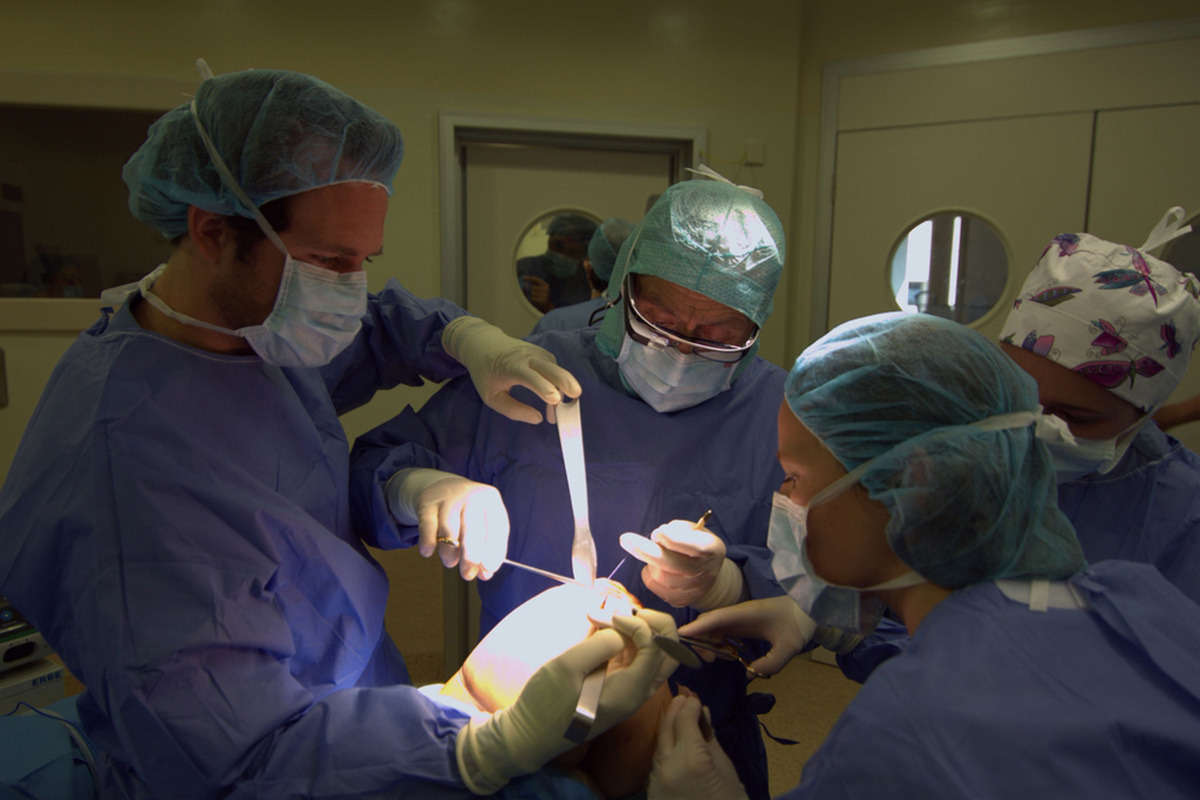Table of Contents
Google glass, a wearable computer that looks like a pair of glasses, could revolutionize medicine, especially the practice of surgery.
Not many doctors are using Google Glass yet, but chances are that many more will choose Google glass or similar products soon. On the whole, this is a good thing for patients. Doctors can spend less time searching for information, consultations can take place in real time, and families can get timely updates on loved ones. But if your doctor is using Google Glass, there are certain concerns you and your doctor should address:

- Google Glass usually is not appropriate in the exam room. You and your doctor may develop an understanding that allows for the use of Google Glass during your medical exams, but usually there is no reason a physician has to look at you and a superimposed medical image at the same time. In the doctor's office, Google Glass may lead to less attention to your needs, rather than more.
- Google Glass has a "transmit" mode. Your face, your private parts, and every word you say can be transmitted over the Internet in real time through Google Glass. It's not out of line to ask for assurances this is not happening, and to find another healthcare provider if you don't get the assurances of your privacy.
- Using Google Glass usually requires a privacy notice and a privacy waiver. These typically have to be printed out on paper and manually signed.
- Some pharmacies are planning to use Google Glass as a wearable scanning tool. Check your medications the first few times they use this technology. New systems are prone to error even if they have been beta-tested. Pharmacies are also planning to use Google Glass to provide step by step instructions for compounding medications, making them from scratch. But do you really want your medication compounded by a pharmacist who has to use an instructional video to complete the task?
- If your surgeon uses Google glass, don't be hesitant to ask questions about the device itself. Are the images shown on the device as high-resolution as provided on a conventional viewing screen, and will this make a difference during your procedure? All surgeons trained without the device of course, so they can perform your operation without Google Glass, but it's not unreasonable to ask the question. Also, it's not unfair to ask if the battery's charge will last your entire operation. Medical examiners testing Google Glass during autopsy found that the battery lasts on average about 2 hours during constant use. Many surgical procedures take longer than 2 hours. Transmitting a single image, in one field test, took a little less than 1% of the battery's charge. It is fair to ask whether your surgeon can use Google Glass to live stream your entire procedure.
See Also: Top Medical Breakthroughs Of 2010
Google Glass will probably prove to be a boon to surgery. But be sure your doctor gets your informed consent before using Google Glass while treating you, and don't hesitate to share any concerns about the technology.
- Google Glass 'could transform the way surgery is performed'. Medical News Today. http://www.medicalnewstoday.com/articles/271182.php. Accessed 23 February 2014.
- Wasik B. Why wearable tech will be as big as the smartphone. WIRED. December 17, 2013. http://www.wired.com/gadgetlab/2013/12/wearable-computers Accessed 23 February 2014.
- Photo courtesy of Loic Le Meur by Wikimedia Commons : en.wikipedia.org/wiki/File:A_Google_Glass_wearer.jpg
- Photo courtesy of COM SALUD Agencia de comunicación by Flickr : www.flickr.com/photos/com_salud/9100726234


Your thoughts on this